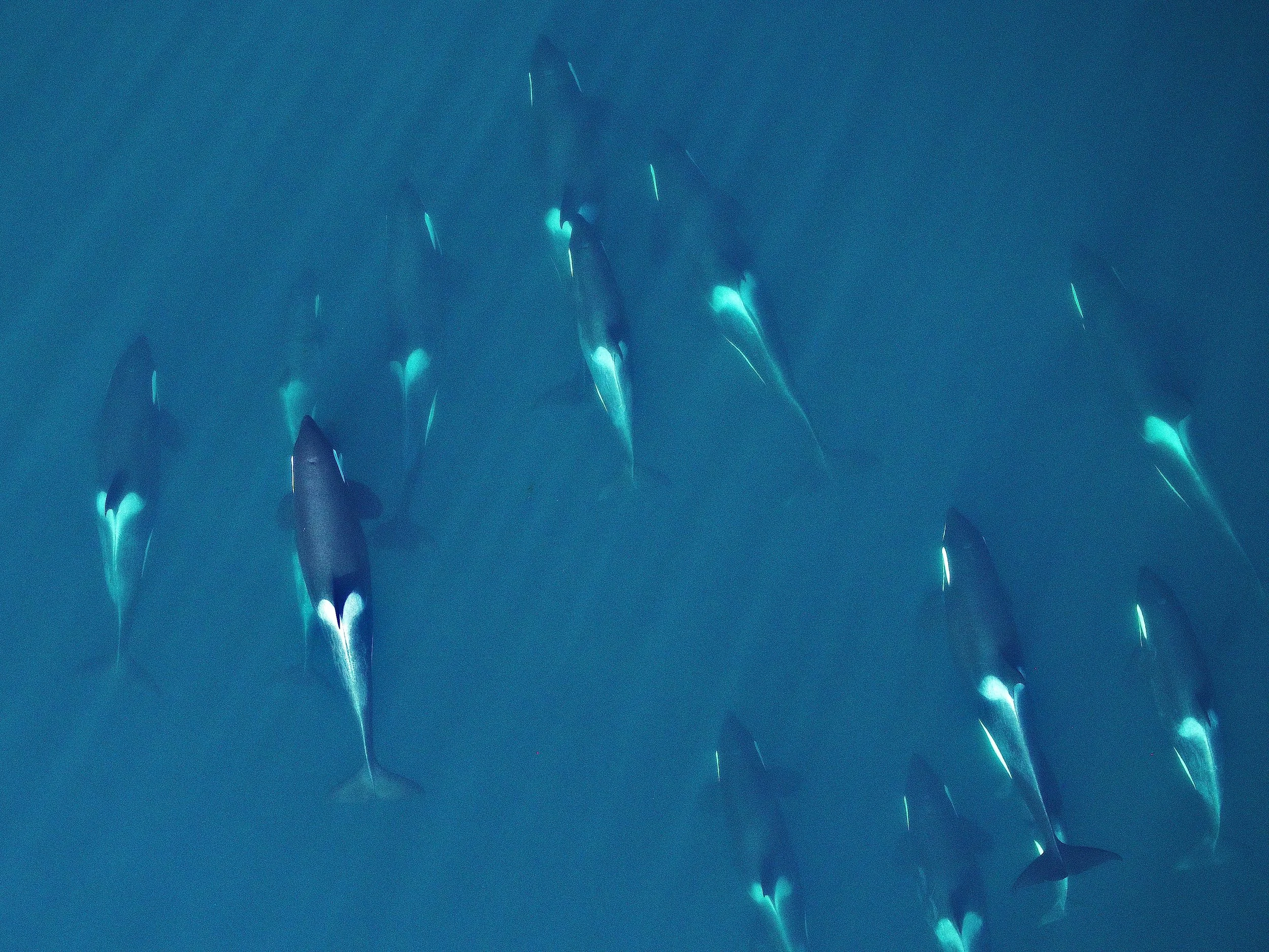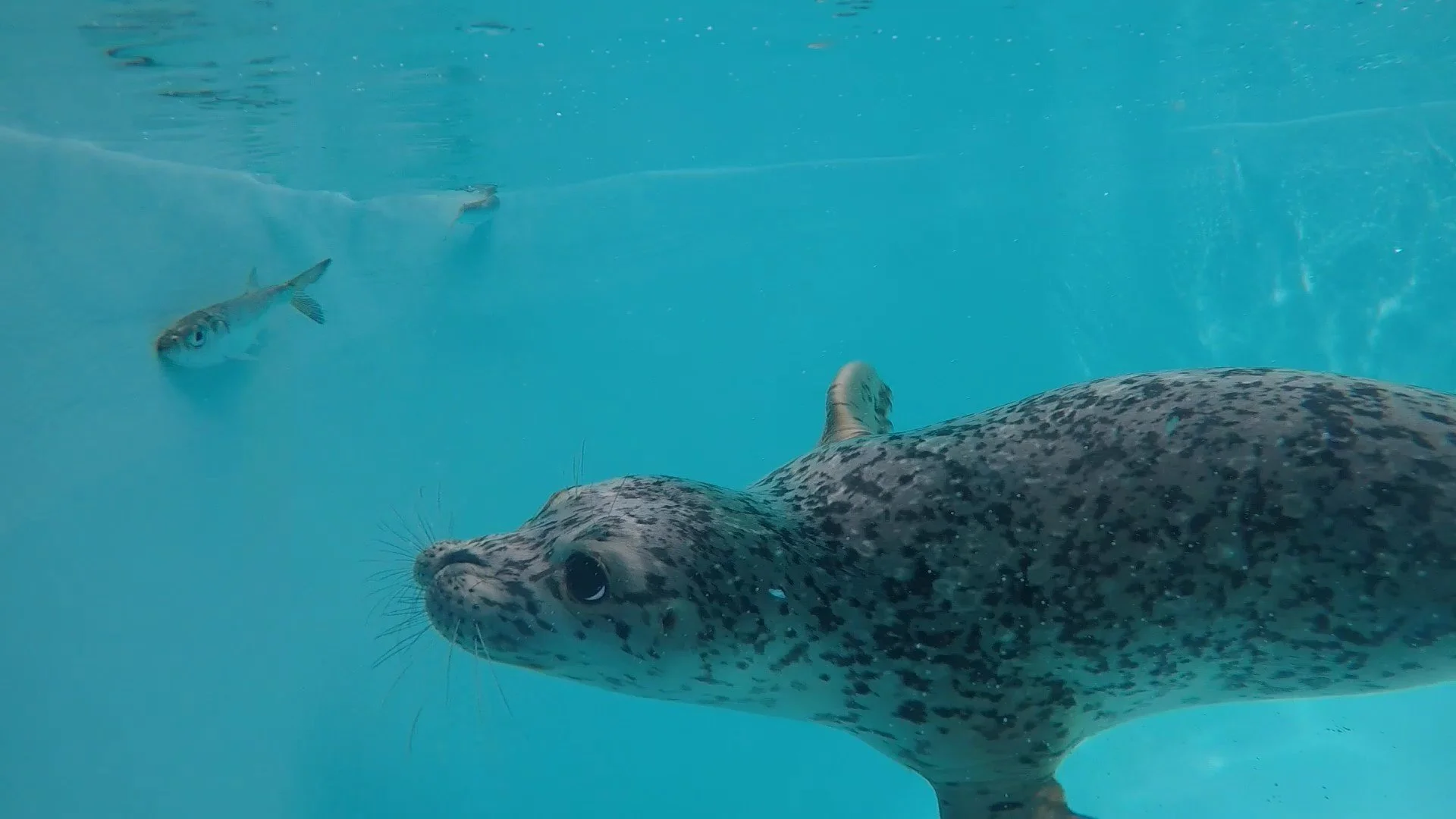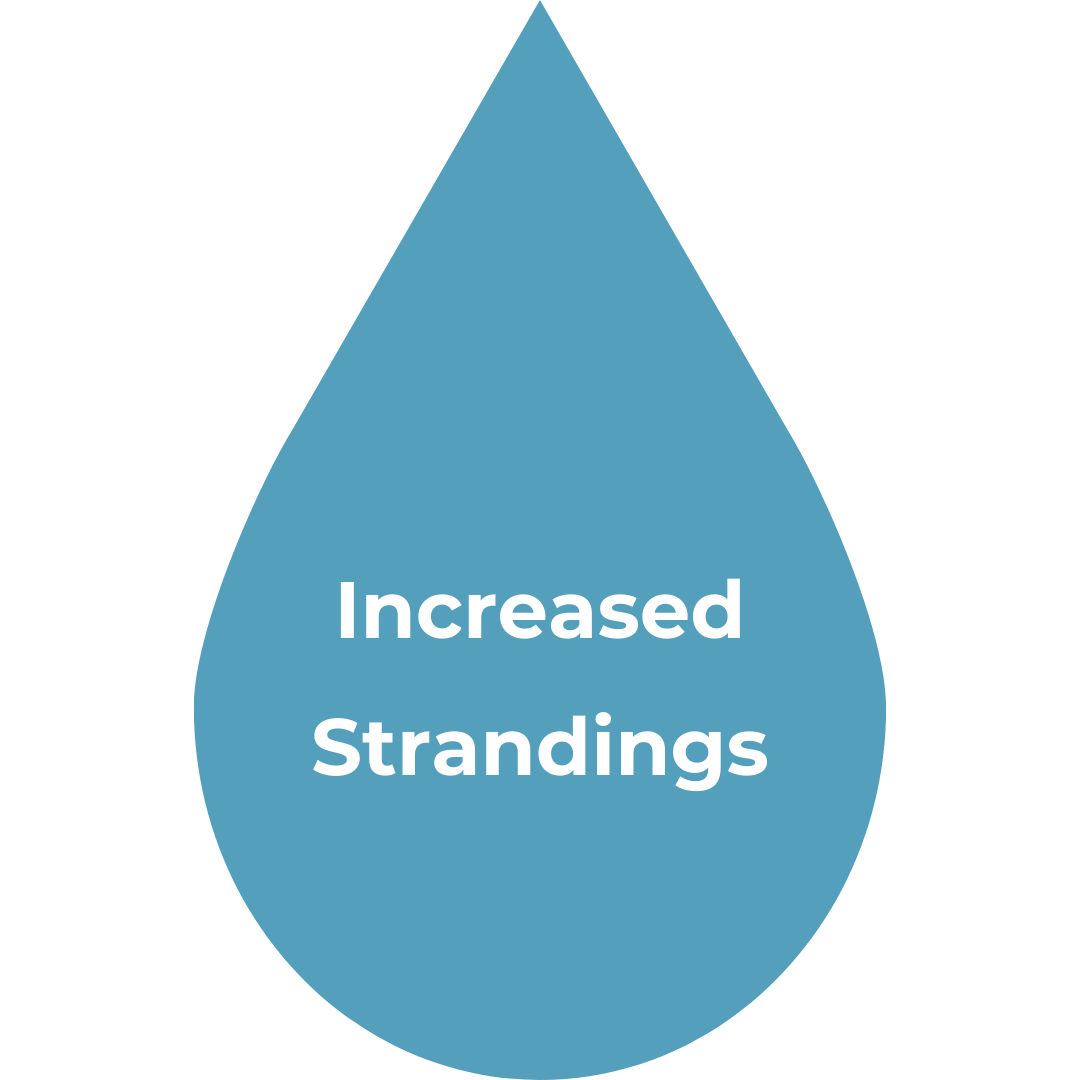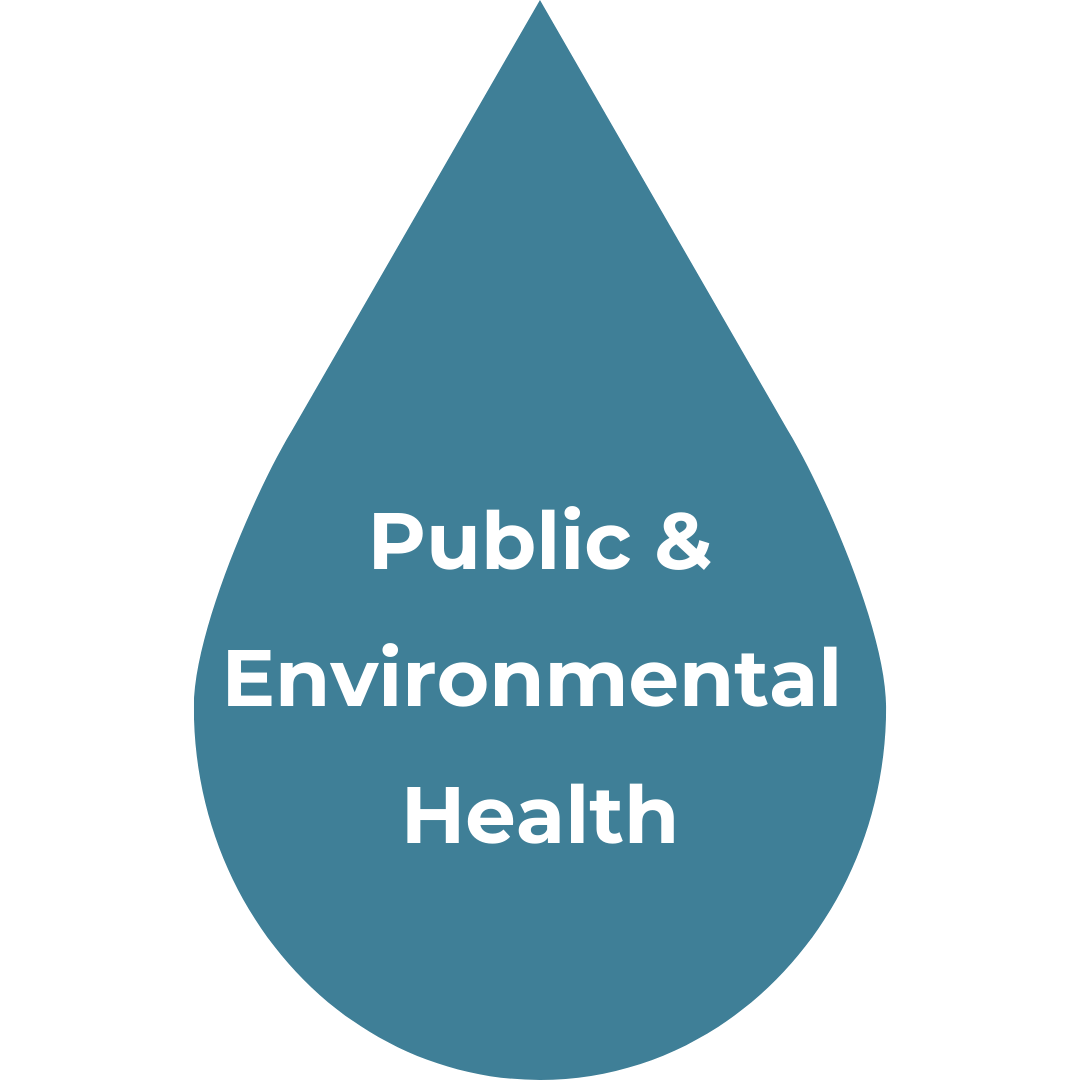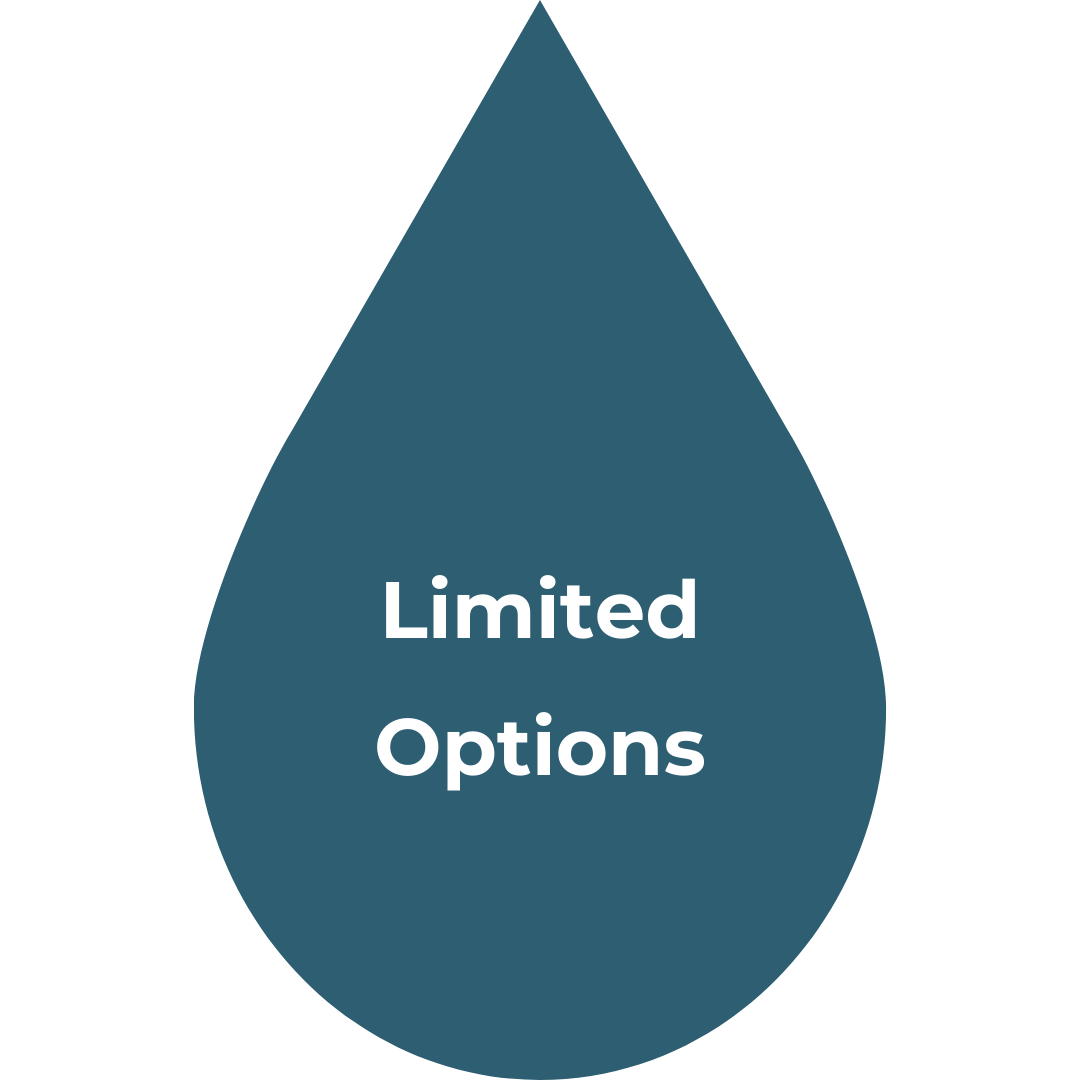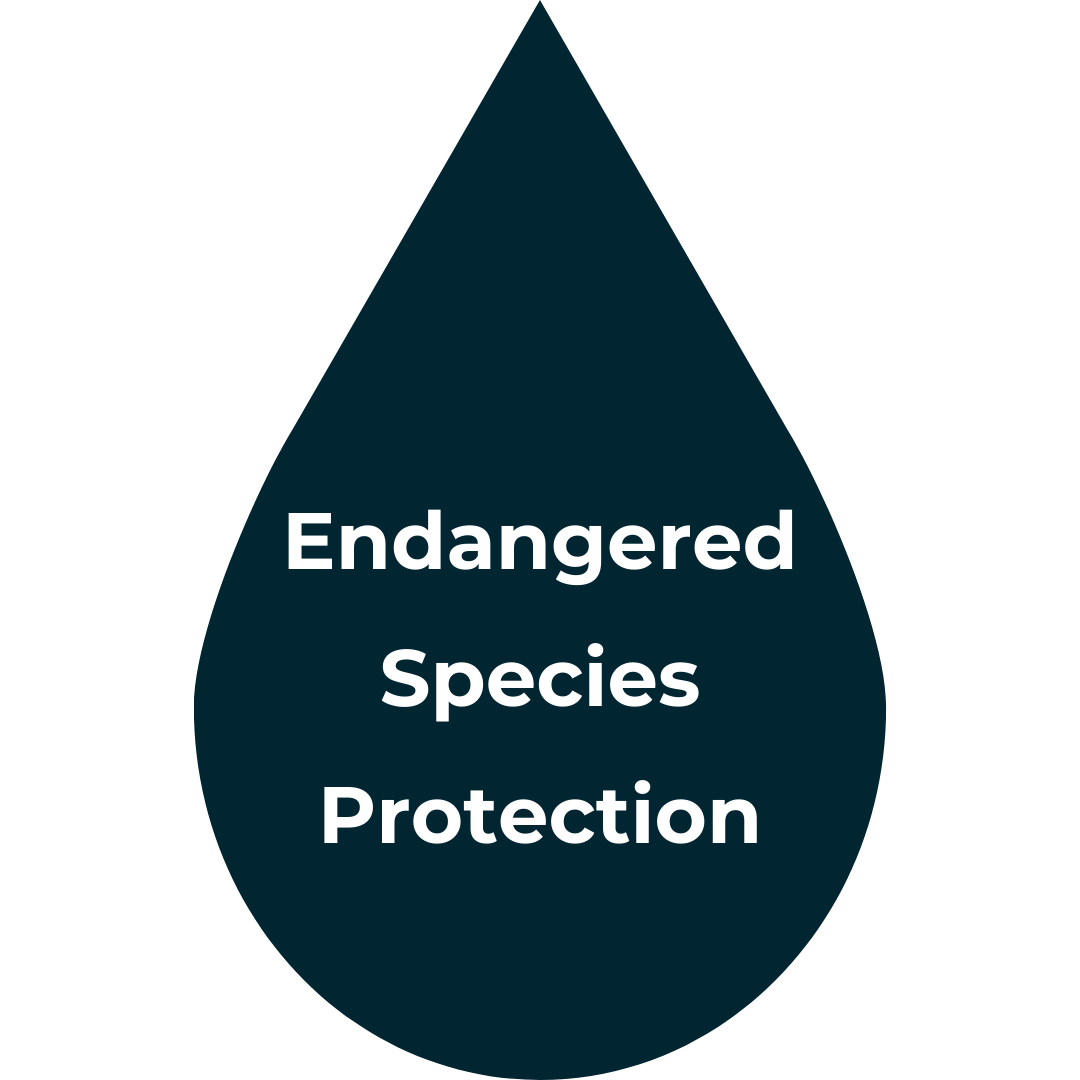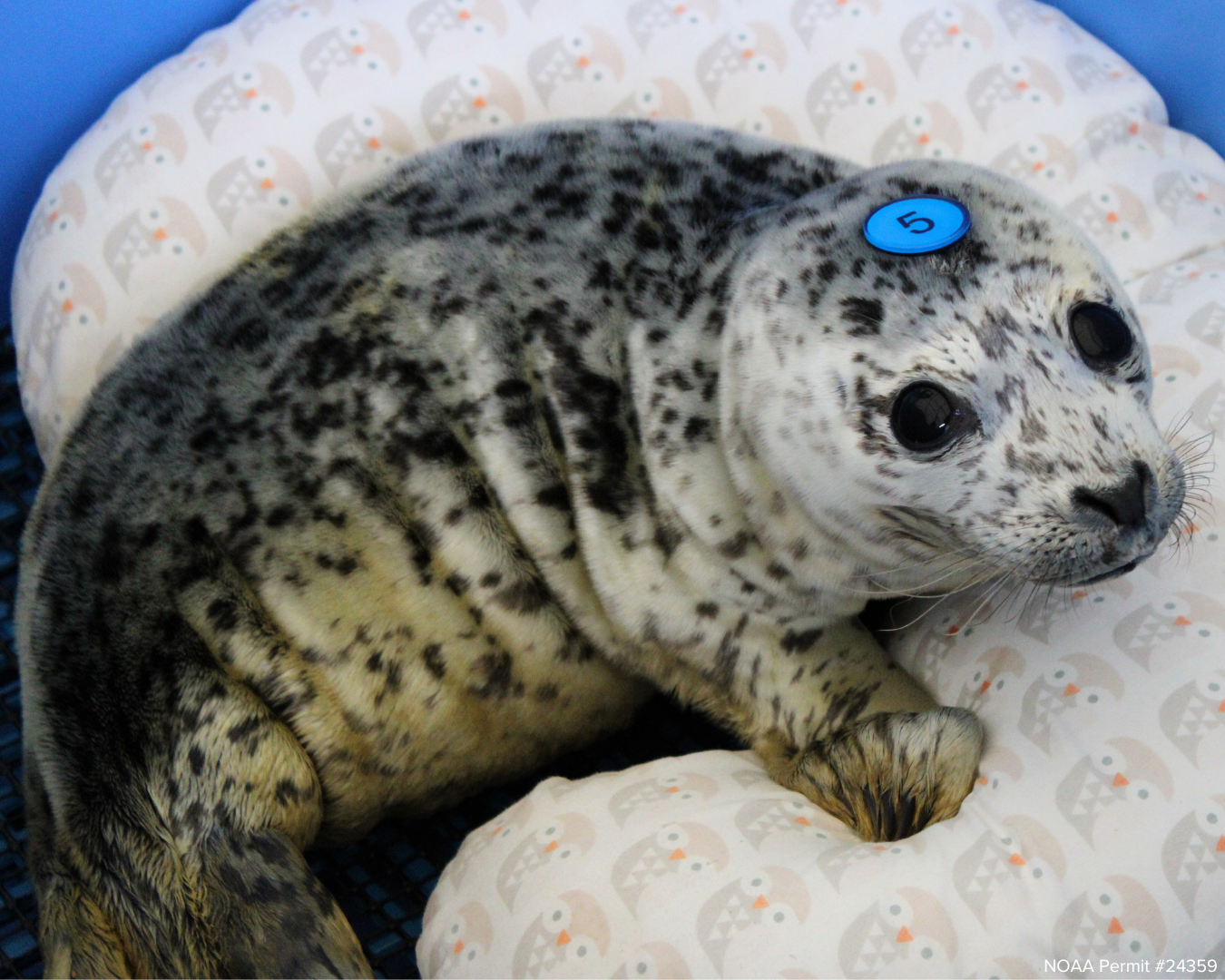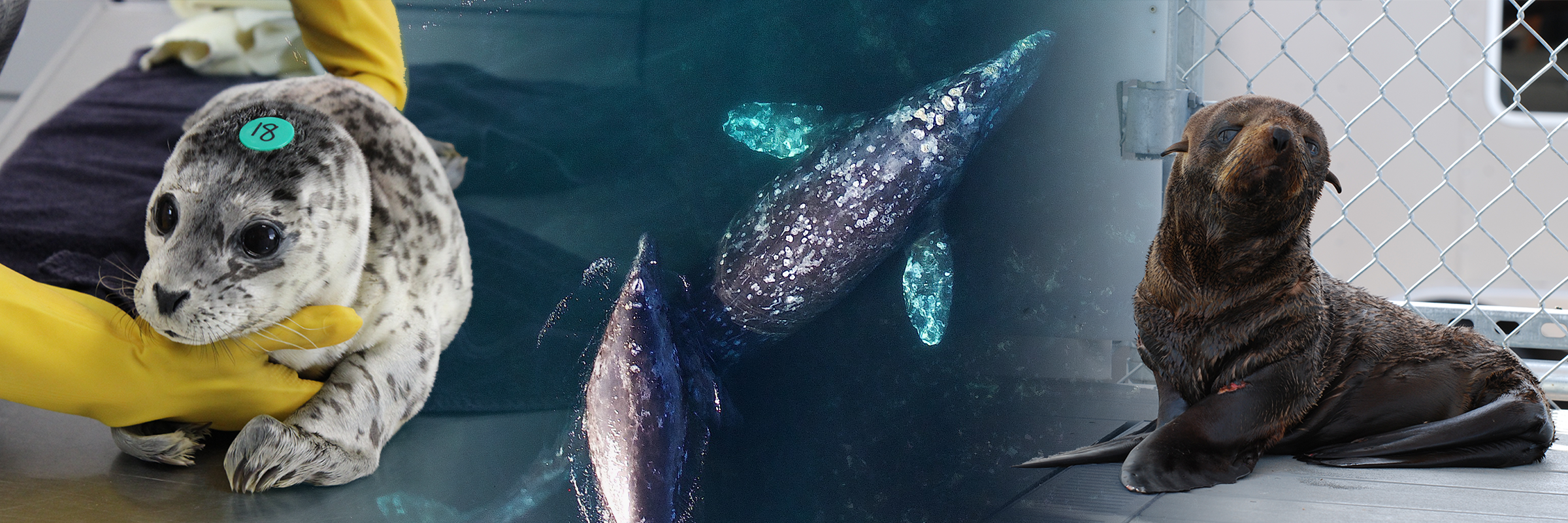
NOAA Permit #24359
SeaLife Response, Rehabilitation, & Research
Rescuing and protecting marine life in the Pacific Northwest.
The only hospital exclusively for
marine wildlife in the Pacific Northwest
SR3 operates the SeaLife Rescue Center, a safe environment for recovery where several species of marine animals can be rehabilitated for the first time in our region.
What We Do
Why We Do It
Increased Strandings
Marine animal strandings in the Salish Sea have risen dramatically since the year 2000 and continue to increase. Strandings of cetaceans (dolphins, porpoises and whales) have increased from about two animals per year in the 1970s to nearly 40 per year in the last decade. Without skilled response teams, many marine animals would be left to suffer and die needlessly.
Public & Environmental Health
Marine mammals are known to be susceptible to medical conditions caused by pollution and other changes in their environment. This means marine mammals can be important sentinels and early warning indicators of public health and environmental change. SR3’s research and response teams are able to uncover these important insights on the Salish Sea.
Limited Options
Historically, rehabilitation capacity for sick and injured marine mammals in the Pacific Northwest has been limited or nonexistent. Now that SR3 is operational, more than 10 species of marine animals can receive specialized care right in their own backyard at our 14,000-square foot SeaLife Rescue Center.
Endangered Species Protection
Increased tanker and cargo ship transit along the Pacific Northwest coast and Salish Sea poses an increased risk of an oil spill to at least 50 marine species of concern, including endangered resident orcas. SR3 has trained first responders for local marine mammals impacted by spills.
